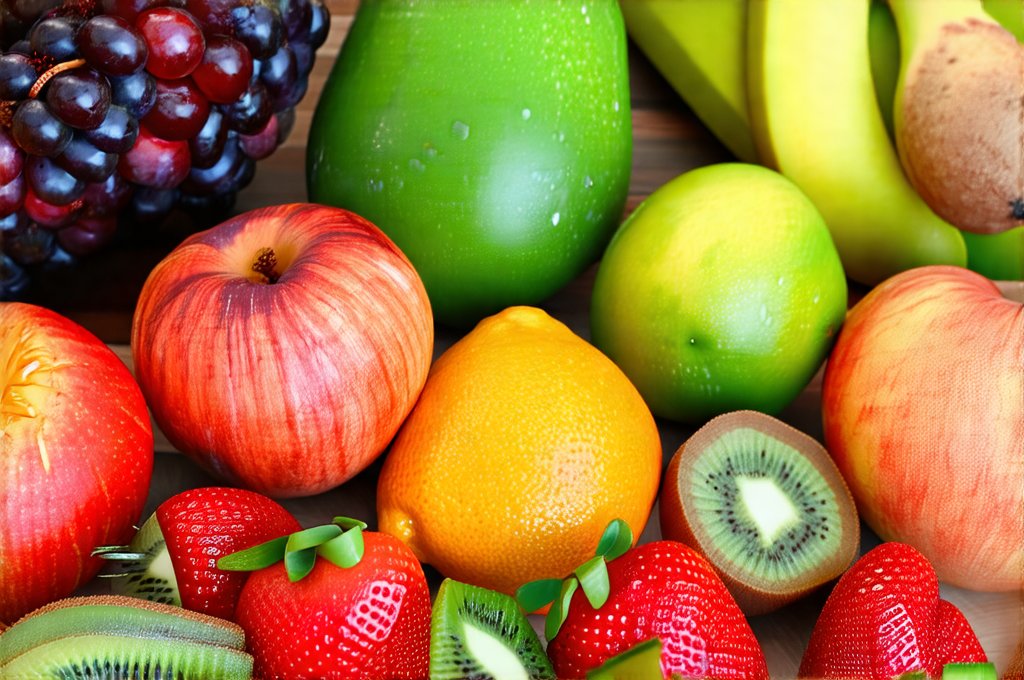Navigating digestive discomfort can be incredibly challenging, often requiring significant dietary adjustments. Many individuals experience symptoms like bloating, gas, heartburn, abdominal pain, diarrhea, or constipation – conditions frequently linked to Irritable Bowel Syndrome (IBS), gastroesophageal reflux disease (GERD), and general digestive sensitivities. While a personalized approach is always best (and consulting with a healthcare professional is crucial!), certain fruits consistently demonstrate a gentler impact on the digestive system for those struggling with these issues. This isn’t about eliminating all other fruits; rather, it’s about understanding which options are likely to soothe and support healthy digestion during flare-ups or as part of an ongoing management strategy.
The key lies in understanding how different fruits interact with our bodies. Some fruits are high in FODMAPs (Fermentable Oligosaccharides, Disaccharides, Monosaccharides, And Polyols) – sugars that can be poorly absorbed by the small intestine, leading to fermentation and subsequent digestive upset in susceptible individuals. Others contain acidic compounds that might exacerbate reflux symptoms. Conversely, many fruits offer beneficial fiber, vitamins, and antioxidants without triggering these negative responses. Identifying fruits with lower acidity, specific FODMAP profiles, or natural soothing properties can significantly improve comfort and well-being for those managing IBS, GERD, or other digestive concerns. Understanding your gut health is crucial, and exploring resources like top daily habits can provide a good starting point.
Gentle Fruits for Sensitive Systems
When dealing with digestive issues, prioritizing easily digestible options is paramount. This means looking beyond the typical “healthy” fruit lists and focusing on choices that minimize potential triggers. Bananas are often a fantastic starting point – especially slightly unripe ones. As they ripen, bananas accumulate more fructose, a FODMAP that can cause problems for some. A green-tinged banana offers a lower sugar content and contains resistant starch, which acts as a prebiotic, feeding beneficial gut bacteria. Similarly, blueberries are generally well-tolerated due to their low FODMAP levels and antioxidant richness. Cantaloupe is another good option, providing hydration and essential vitamins without being overly acidic or causing excessive fermentation. Remember that individual tolerance varies greatly, so paying attention to your body’s response after consuming any fruit is vital. Considering dairy vs vegan probiotics can also improve overall digestive health.
Beyond these staples, cooked applesauce (without added sugar) can be much easier on the digestive system than raw apples, as cooking breaks down some of the fermentable sugars. Peaches and nectarines, peeled and in moderation, are often well-tolerated by those with mild sensitivities. The skin contains a significant amount of fiber which, while generally healthy, can exacerbate symptoms during flare-ups. A crucial point to remember is portion control; even low-FODMAP fruits can cause issues if consumed in large quantities. Start small and gradually increase your intake as tolerated. It’s also helpful to keep a food diary to track what you eat and how it affects your digestive system, allowing you to identify personal trigger foods. You might find combining probiotics with herbal extracts beneficial in managing these issues.
Understanding FODMAPs & Fruit Choices
FODMAPs are present in varying degrees across different fruits. High-FODMAP fruits like apples, pears, mangoes, and watermelon can cause significant bloating and discomfort for those with IBS. Conversely, low-FODMAP options such as bananas (slightly unripe), blueberries, cantaloupe, honeydew melon, grapes, kiwi, oranges, and strawberries are generally better choices. However, even within the “low” category, quantity matters. A small serving of a low-FODMAP fruit is less likely to cause issues than a large portion. Resources like the Monash University FODMAP Diet app are invaluable tools for understanding the FODMAP content of various foods and tailoring your diet accordingly. If you struggle with nausea or reflux, exploring best cooking oils might also alleviate some discomfort.
It’s important to differentiate between IBS and GERD when considering fruit choices. While both conditions can benefit from low-FODMAP options, GERD sufferers also need to be mindful of acidity levels. Highly acidic fruits like citrus fruits (oranges, grapefruit, lemons) and pineapple can trigger heartburn in some individuals. In these cases, focusing on less acidic options like melon or bananas is preferable. – Consider the ripeness level: unripe fruit tends to be less sugary and potentially easier to digest. – Pay attention to your body’s signals: if a particular fruit consistently causes discomfort, eliminate it from your diet. – Experiment with portion sizes: start small and gradually increase intake as tolerated.
The Role of Fiber in Digestive Health
Fiber plays a complex role in digestive health. While essential for regular bowel movements and overall gut health, the type of fiber matters significantly for those with sensitivities. Insoluble fiber, found in fruits with skin or seeds (like berries), can be irritating during flare-ups. Soluble fiber, present in bananas and cooked applesauce, is generally gentler on the digestive system. It dissolves in water, forming a gel-like substance that helps regulate bowel movements and supports gut bacteria.
Increasing fiber intake too quickly can actually worsen symptoms, so it’s crucial to do so gradually and ensure adequate hydration. Drinking plenty of water helps soften stool and prevents constipation. For individuals with IBS, soluble fiber may be particularly beneficial, as it can help reduce bloating and abdominal pain. However, even soluble fiber can cause issues for some, highlighting the importance of individual tolerance. – Start with small portions of high-soluble fiber fruits like bananas or applesauce. – Drink plenty of water throughout the day to aid digestion. – Monitor your symptoms closely and adjust your intake accordingly. Learning taste, smell, and texture awareness can further refine your dietary choices.
Soothing Fruits for Acid Reflux & Heartburn
Acid reflux is often triggered by foods that are highly acidic or stimulate stomach acid production. While citrus fruits are notorious culprits, even seemingly benign fruits can contribute to heartburn in susceptible individuals. Bananas, with their naturally alkaline properties, are frequently recommended as a soothing option. They help neutralize stomach acid and coat the esophageal lining, providing temporary relief from burning sensations. Similarly, melons (cantaloupe and honeydew) have low acidity levels and are hydrating, which helps dilute stomach acid.
Papaya is another interesting choice, containing an enzyme called papain that aids in protein digestion. This can reduce the amount of time food sits in the stomach, lessening the risk of reflux. However, papaya can be high-FODMAP for some individuals, so it’s essential to monitor your tolerance. – Avoid fruits that are known triggers for your acid reflux (e.g., citrus fruits, pineapple). – Opt for low-acid options like bananas and melons. – Eat smaller, more frequent meals rather than large ones. – Avoid eating fruit right before bedtime, as this can increase the risk of reflux. If chronic fatigue is a factor, meal planning may help streamline your dietary adjustments.


















